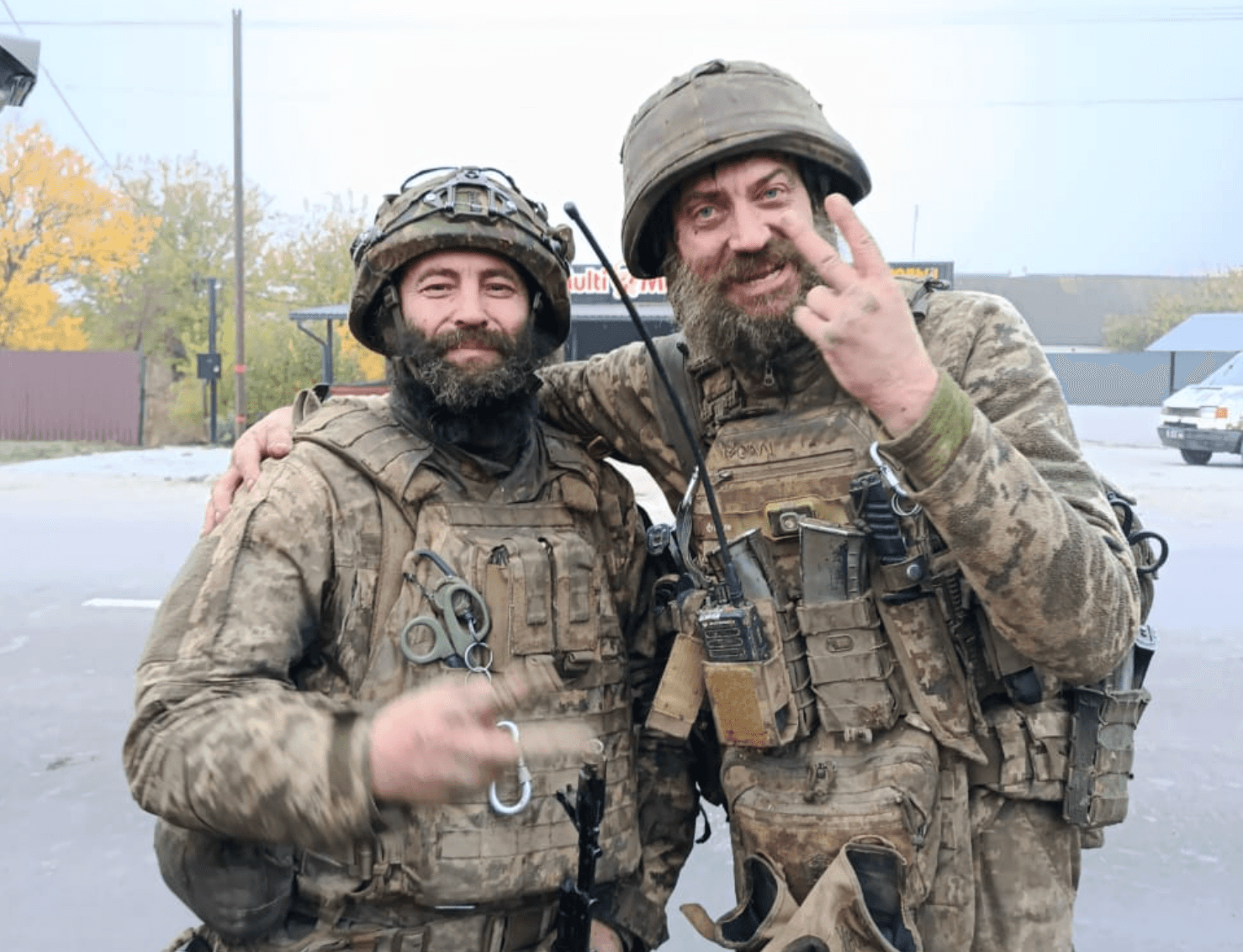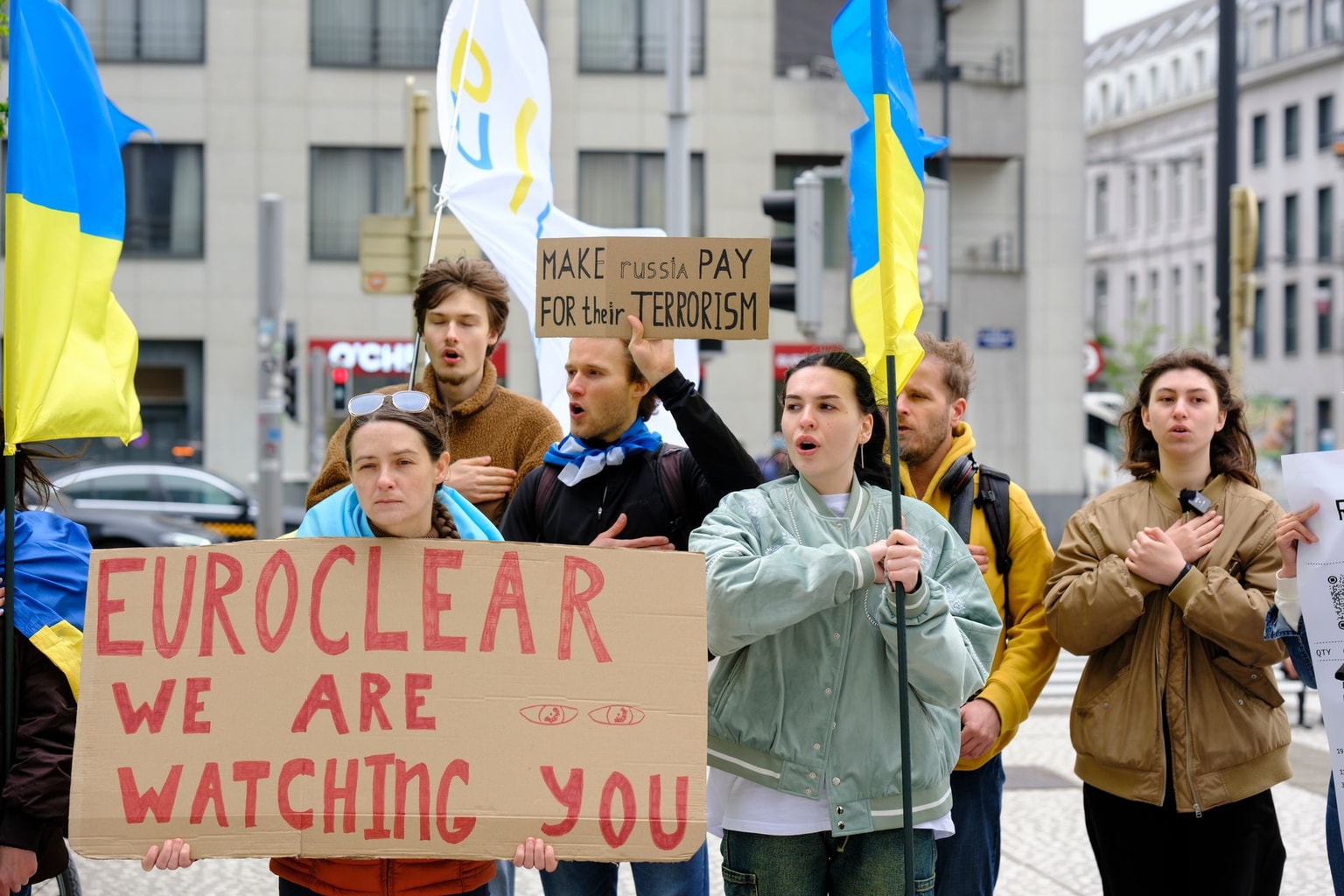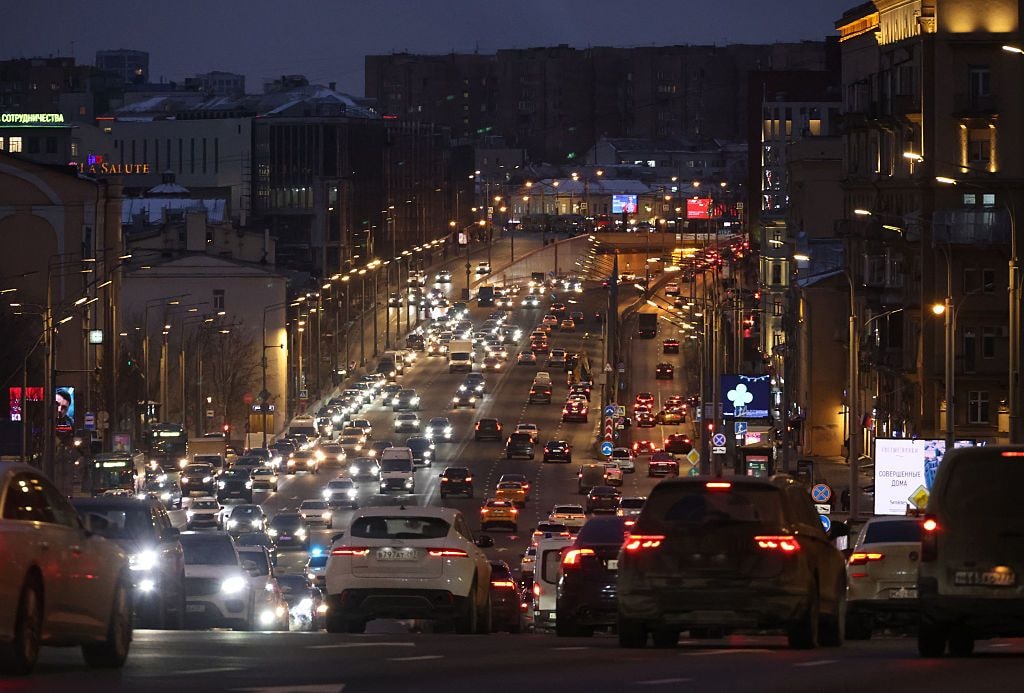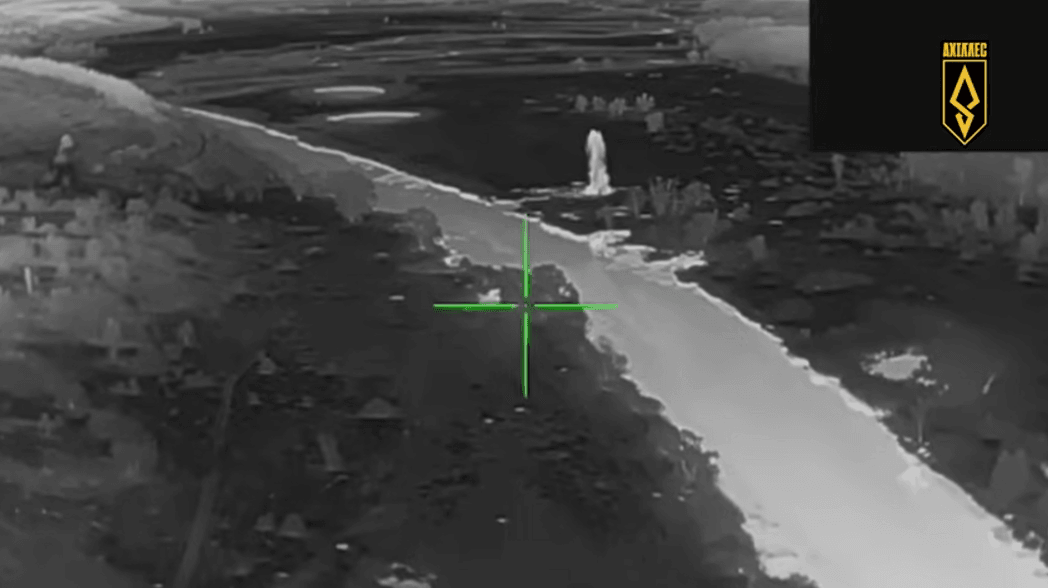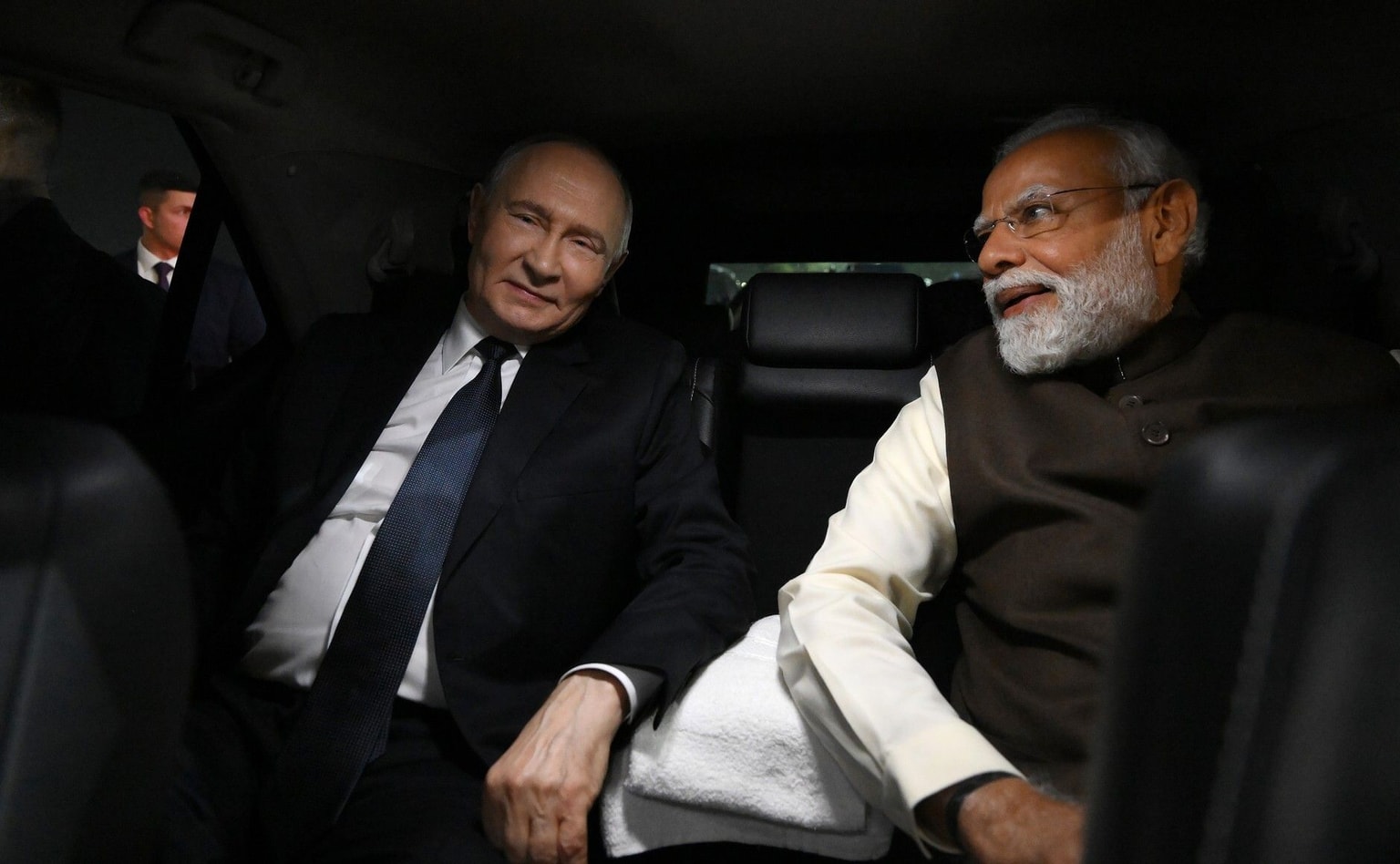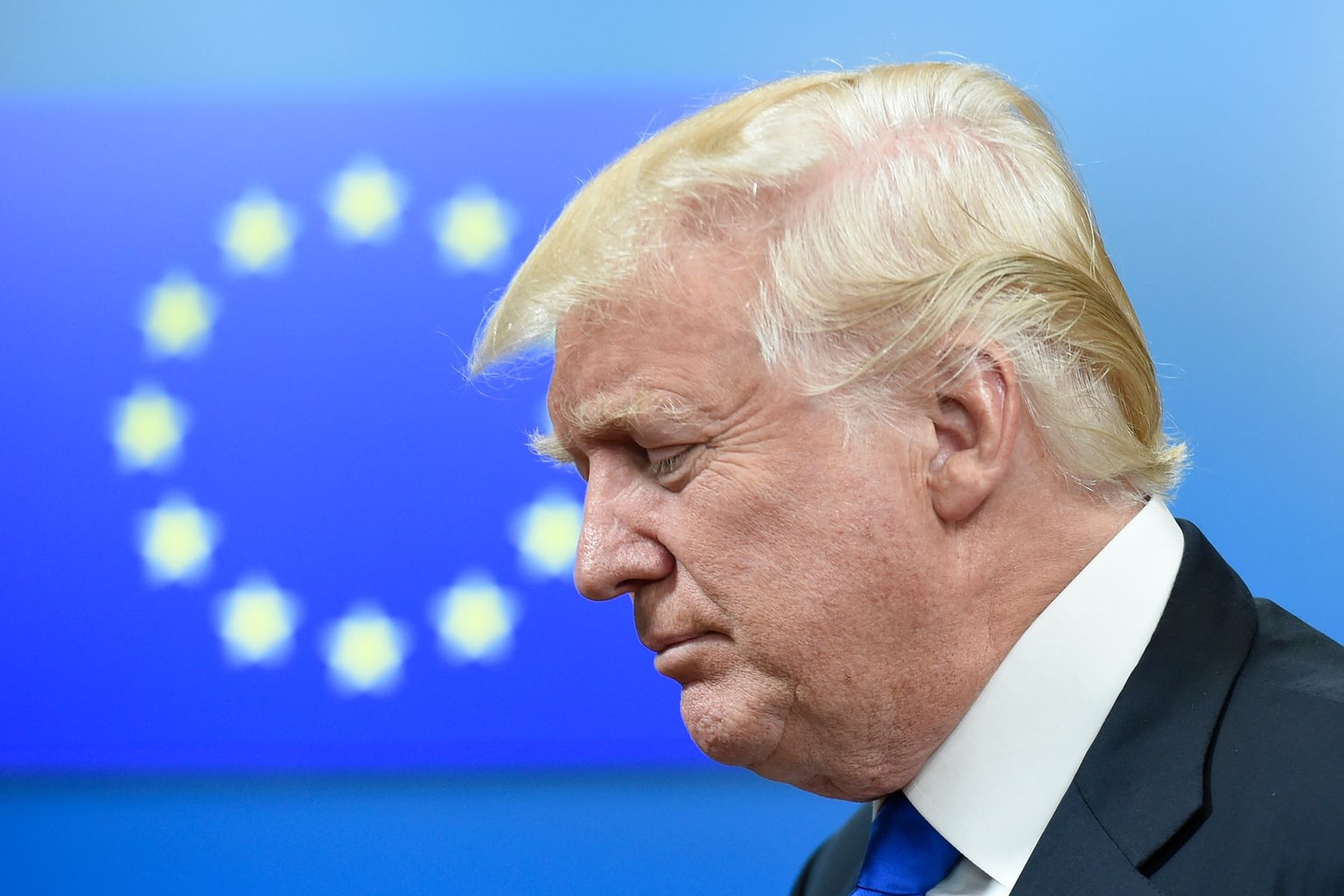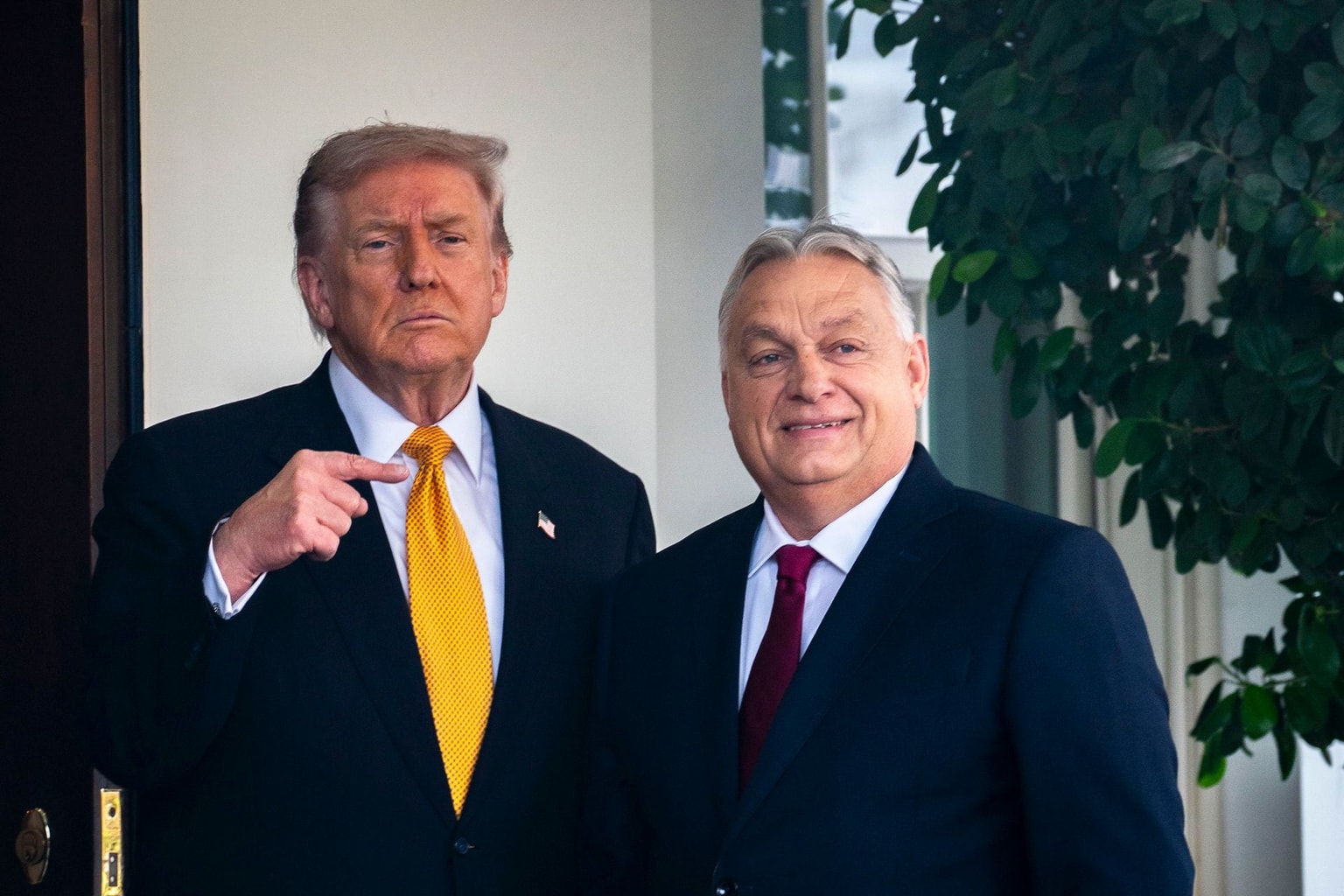Canadian military veteran wants his country to act on Ukraine

Edmonton, CANADA — When Andriy Tovstiuk joined the Canadian Armed Forces in 2016, he knew exactly why he was doing it: to get on Operation UNIFIER in his ancestral home, Ukraine.
Three years later, his goal was realized when he was deployed to Ukraine as a linguist working at three Non-Commissioned Officer training academies in Mykolaiv, Desna, and Vasylkiv where he helped administer new NATO standardized leadership courses for Ukrainian soldiers.
Tovstiuk, now a veteran, recalls his deployment as a “life-changing experience”. He currently works as a digital marketing director for a global agricultural company and is also a visiting lecturer at Lviv Business School of Ukrainian Catholic University.
Operation UNIFIER began in September 2015 as a Canadian Armed Forces training operation for the Ukrainian Armed Forces. Over the years, it has trained more than 32,000 members of the Ukrainian Armed Forces, including nearly 2,000 members of the country’s national guard as of Jan. 1.
The mission was initially geared to smaller groups receiving tactical training in areas such as combat first aid or explosive weapons disposal. Over time it has evolved to include military police reform and tactical training for brigades and battle groups.
So when Canada’s federal government announced Jan. 27 the extension of the operation for another three years and deployment of 60 more personnel to join 200 Canadian troops already on the ground, Tovstiuk received the news with hope. But as Russian forces amass at the borders, signaling a potential military move by the Kremlin, he couldn’t help but take the good news with a grain of salt.
“I’m very disappointed in Canada’s reluctance to provide lethal defensive aid to Ukraine. This aid will act as a deterrent to an invasion by Russia and Ukraine needs it now, not later,” Tovstiuk, a Ukrainian-Canadian and an Edmonton native told the Kyiv Independent.
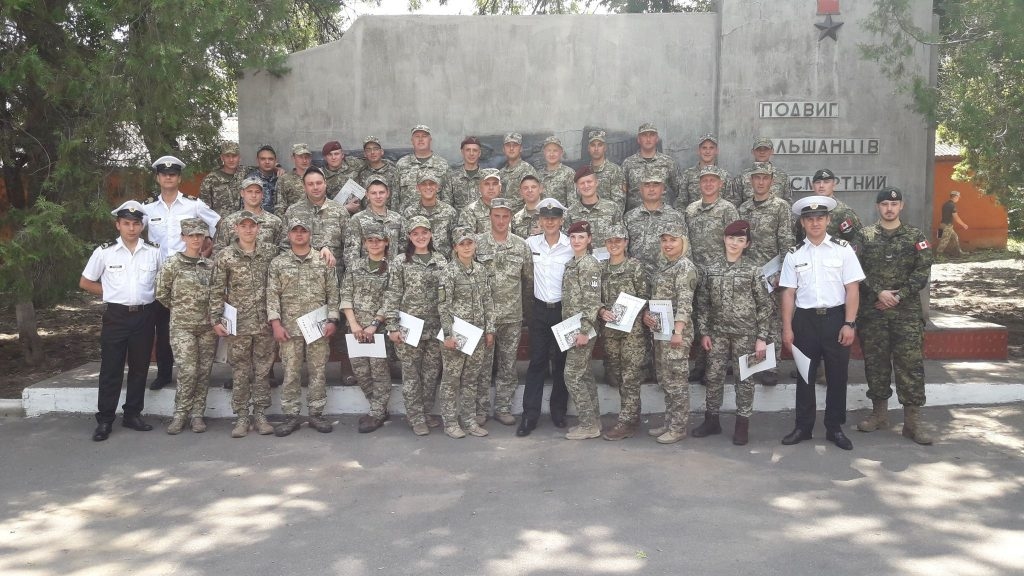
Calls to arm Ukraine
The Ukrainian Canadian Congress recently conducted a survey indicating clear support by Canadians for providing weapons to Ukraine. According to the poll, more than 80% of respondents are open to the idea of providing support to Ukraine for the nation to protect its borders. When asked whether Canadian assistance should include weapons, the vast majority of interviewees (75%) agreed.
“The fact that (Canada) won’t – particularly after key NATO allies like the United States and the United Kingdom have already done so – is incredibly disappointing. Canada was the first western country to recognize Ukraine’s independence in 1991 and is home to one of the largest Ukrainian diasporas in the world. Canada must continue to play a leading role in supporting Ukraine at such a critical moment in its history.”
Experts share Tovstiuk’s opinion.
Alexander Lanoszka, assistant professor in international relations at the University of Waterloo, finds the Canadian aid package - which includes intelligence sharing and support to combat Russian cyber attacks, as well as sending non-lethal equipment - “very underwhelming and, frankly, misaligned with Canada's policy and rhetoric.” While Aurel Braun, a professor of international relations and political science at the University of Toronto, emphasized on air on Jan. 27 that he “would not be dismissive of the Canadian aid, but we have to contextualize – it doesn’t do what’s needed.”
Countries like Canada need to "recalibrate their approach toward Ukraine," wrote Eugene Czolij, the former president of the Ukrainian World Congress who is now actively engaged in the sustainable development of Ukraine via non-profit organization Ukraine-2050.
"Operation UNIFIER demonstrates Canada’s understanding of the importance of Ukraine’s independent statehood. For the sake of global peace and security, Canadian authorities must now deliver lethal defensive weapons to Ukraine to complement Canada’s significant investments in support of Ukraine and its sovereignty," said Czolij. "The only way to successfully negotiate with (Russian President Vladimir) Putin is with an iron fist in a velvet glove."
Lessons from Ukraine
Despite Canada’s hesitancy to provide weapons, it can still boost Ukrainian army training via Operation UNIFIER. And this will continue to benefit both Canadian and Ukrainian soldiers who, during Tovstiuk's deployment, shared recent hybrid warfare combat experience with their foreign fellow service members.
But it wasn't just about the military lessons. Over the course of his one-year deployment in different parts of Ukraine, Tovstiuk says, he learned so much not only about the army and the country's past, but witnessed some of Ukraine’s transformation following the EuroMaidan Revolution and beginning of Russia’s war on Ukraine.

Tovstiuk spent four months of his deployment stationed in Mykolaiv, a city in southern Ukraine where Russian is the dominant language spoken and political pro-Russian sentiment was historically prevalent: “What I witnessed (there) however, was that this too was changing. From restaurants, gyms, even the post office – people would often thank me for speaking Ukrainian in a historically Russian-speaking city.”
On May 16, when Ukrainians traditionally celebrate National Vyshyvanka Day (vyshyvanka is a traditional Ukrainian embroidered shirt), he recalled thousands of Mykolaivtsi pouring into downtown “wearing their Ukrainian vyshyvankas with pride.”
“I mention these first-hand experiences, because these moments didn’t occur where you’d expect them to – cities like Ternopil, Lviv or Ivano-Frankivsk – but rather in the former ship-building capital of the entire USSR,” Tovstiuk said. “Some of the most pro-Ukrainian people I met during my time in Ukraine, were from places like Donetsk and Luhansk, perhaps because they understand better than anyone the destructive consequences of Russia’s war on Ukraine.”
Whatever the future holds for Ukraine, Tovstiuk is certain, the country’s army will be transformed to withstand any future storms.


